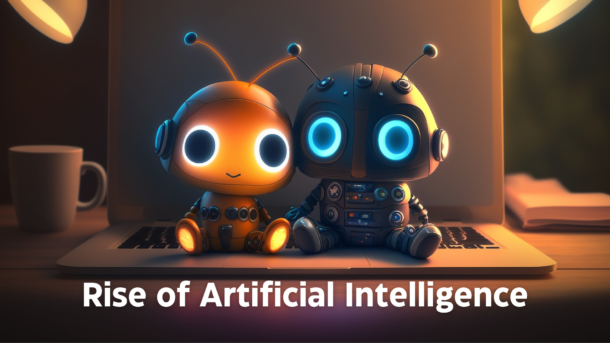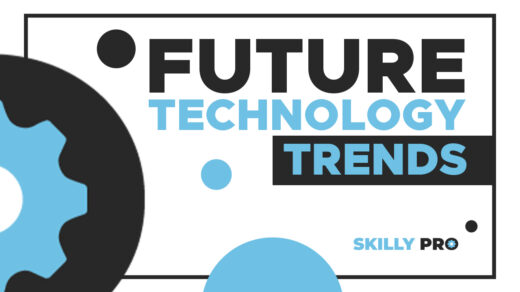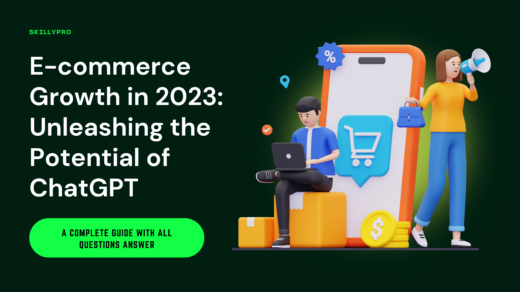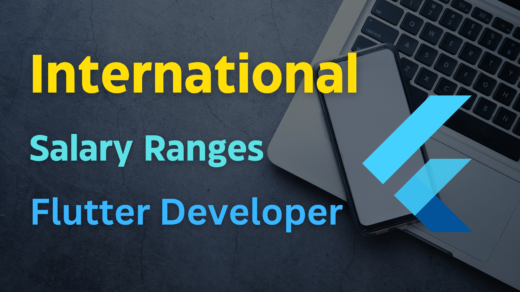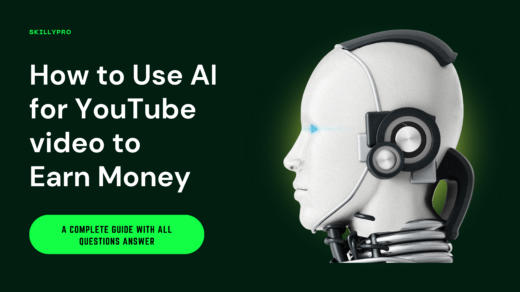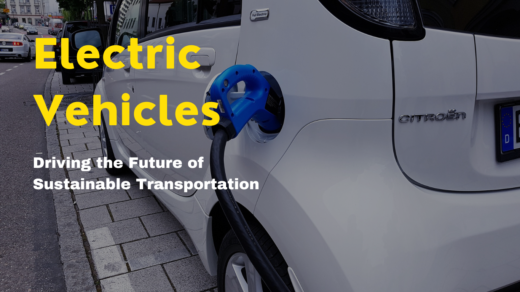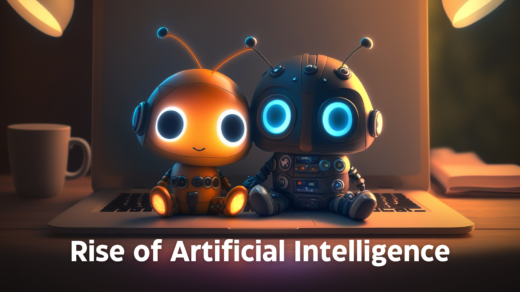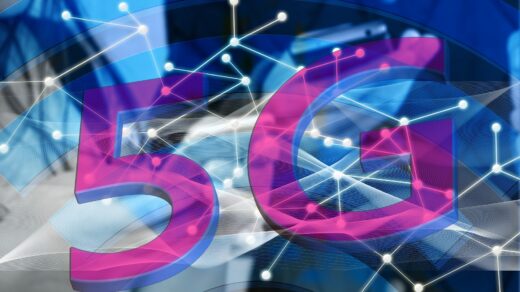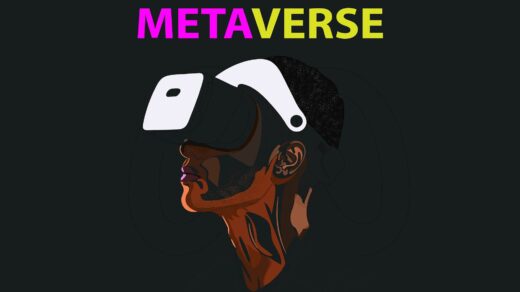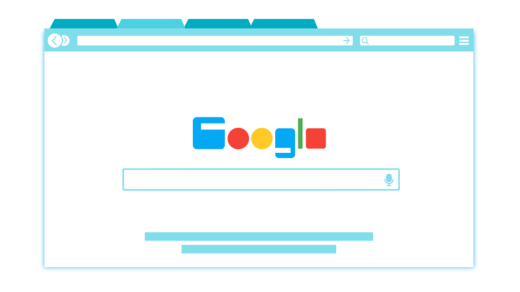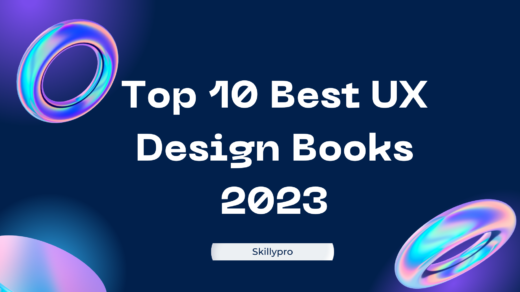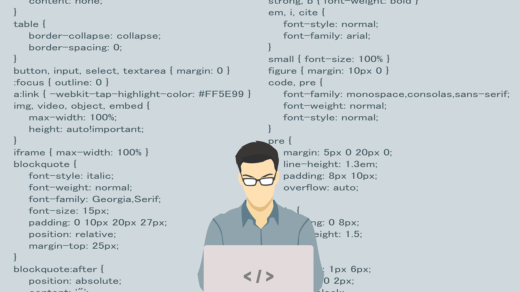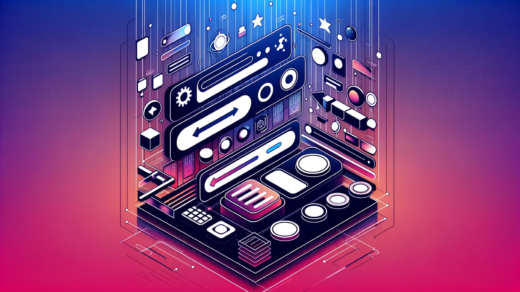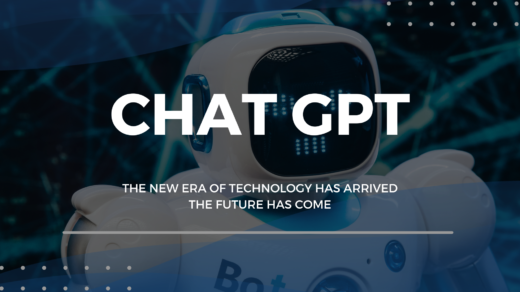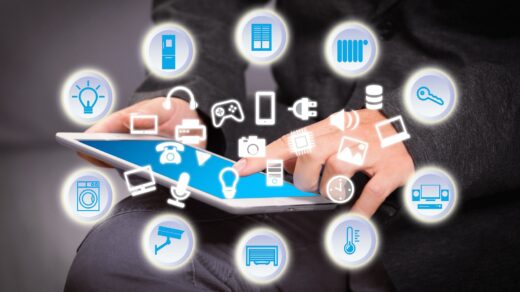Artificial Intelligence: Healthcare is no exception to how many sectors have been changed by artificial intelligence (AI). AI is transforming healthcare by improving its personalization, effectiveness, and accuracy. Here are a few ways artificial intelligence is changing healthcare.
- Diagnostics
- Personalized Medicine
- Drug Discovery
- Remote Patient Monitoring
- Predictive Analytics
Diagnostics
Doctors can identify patients more swiftly and precisely with the aid of AI-powered diagnostics. AI systems, for instance, may examine medical photos to find early indications of diseases like cancer. This can aid in earlier disease diagnosis, which will benefit the effectiveness of treatment.
Personalized Medicine
AI can assist physicians in developing individualized treatment strategies for their patients. The best therapy for a certain patient can be suggested by AI algorithms by analyzing the medical history, genetic information, and lifestyle characteristics of that patient.
Drug Discovery
Drug discovery is accelerated with the use of AI. AI systems can find prospective medication targets and forecast the efficacy of various medicines by analyzing enormous volumes of data. Pharmaceutical companies may be able to commercialize novel medications more quickly and effectively as a result.
Remote Patient Monitoring
Doctors may keep tabs on patients outside of the hospital with the aid of AI-powered remote patient monitoring. Wearable technology, for instance, can track a patient’s heart rate, blood pressure, and other vital indicators and notify medical professionals if anything is out of the ordinary. This can aid medical professionals in the early detection of health issues and hospitalizations.
Predictive Analytics
Predictive analytics, which can assist clinicians in identifying patients who are at risk of contracting specific diseases, is another application of AI algorithms. AI algorithms can find patterns linked to specific diseases by looking at a patient’s medical history and lifestyle factors. This enables medical professionals to take early action and stop the emergence of significant health issues.
In general, AI is revolutionizing healthcare by improving its personalization, effectiveness, and accuracy. In the future, it’s possible that there will be even more uses of AI in healthcare as the technology develops.

What is Artificial Intelligence?
The field of computer science known as artificial intelligence (AI) is concerned with developing intelligent machines that are capable of carrying out tasks that traditionally require human intelligence, including learning, problem-solving, perception, decision-making, and natural language processing.
The foundation of artificial intelligence (AI) is the notion that robots can be made to understand and behave like people and can carry out jobs that would otherwise require human involvement.
Artificial intelligence (AI) combines a variety of techniques, including machine learning, deep learning, computer vision, and natural language processing, to allow machines to learn from data and experience and make predictions and judgments based on that learning.
AI may be used in many different industries, including healthcare, banking, education, and transportation, to automate procedures, increase productivity, and offer fresh insights that were previously inaccessible.
The applications of AI are only limited by our imaginations, and they have the potential to revolutionize the way we work and live. AI is already changing the world around us, from self-driving cars to virtual assistants, and its influence is only going to increase in the upcoming years.
Can Artificial Intelligence change the future of the world?
Yes, AI has the potential to change the future of the world in many ways. Here are some examples:
- Automation
- Healthcare
- Education
- Sustainability
- Communication
Automation
AI-powered automation has the potential to transform the way we work by automating repetitive, tedious, and time-consuming jobs, allowing human workers to focus on more creative and difficult tasks. This can boost efficiency and production while also sparking new inventions and economic growth.
Healthcare
AI can assist clinicians with diagnosing diseases early, personalizing treatment programs, accelerating medication discovery, and remotely monitoring patients. This can lead to improved health outcomes, lower healthcare expenditures, and a higher quality of life for individuals all around the world.
Education
AI may be used to personalize education, adapt to individual learning styles, and offer students feedback and support. This can help people obtain the skills they need to succeed in the future workforce by making education more accessible and effective.
Sustainability
By enabling improved environmental pattern forecasts and modeling, optimizing energy consumption and manufacturing, and enhancing supply chain management, AI can help us handle global concerns like climate change.
Communication
Through the use of AI-powered natural language processing, communication and understanding between people of various cultures and backgrounds can be improved.
Overall, AI has the potential to positively impact many aspects of the world, but it also poses risks and obstacles that must be managed. To ensure that AI helps everyone and advances everyone’s future, it is crucial to create and deploy technology in an ethical and responsible manner.
Read More:
ChatGPT has achieved 100 million users | Open AI
ChatGPT is designed to be connected to the internet
What is Chat GPT/GPT-4? Is Chat GPT Free or Paid?

